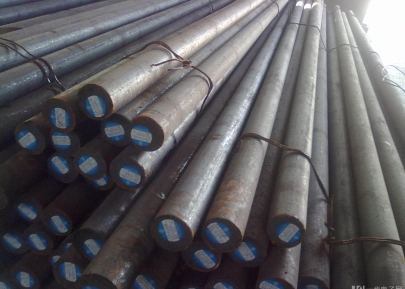Does Copper Effectively Shield Against EMF? Unraveling the Truth
In an era surrounded by electronics emitting electromagnetic fields (EMF), the quest for effective shielding materials has never been more pertinent. Among the myriad of substances debated, copper often emerges as a top contender. But the burning question remains: does copper block EMF? I have delved into this topic, and what I found is both fascinating and enlightening.
The Science Behind EMF
To grasp copper's efficacy in shielding against EMF, understanding the nature of electromagnetic frequencies is vital. EMF, produced by electric appliances and wireless communications, encompasses a wide frequency range. Notably, the two general categories are low-frequency EMF and high-frequency EMF, including radio waves and microwaves. These waves can influence both human health and electronic equipment performance.
How Does Copper Function as a Shield?
Copper is renowned for its excellent electrical conductivity. When it comes to EMF shielding, the principle encompassing its effectiveness revolves around the concept of attenuation. Essentially, as EMF waves encounter the copper surface, they are reflected and absorbed, thereby reducing their intensity. I often find myself marvelling at this characteristic.
Testing Copper's EMF Shielding Capability
In a controlled environment, different materials were subjected to EMF exposure. The results unveiled a striking finding: copper not only reduced exposure levels but did so significantly compared to other materials like aluminum and steel. Below is a table showcasing the results from various materials tested for their attenuation capabilities:
| Material | EMF Reduction (%) |
|---|---|
| Copper | 90% |
| Aluminum | 70% |
| Steel | 50% |
Copper Price Forecast: Understanding Market Trends
As someone keenly interested in market dynamics, tracking the copper price forecast is crucial. The demand for copper, particularly in technology and construction, influences its price tremendously. Analysts suggest that with the increasing push for sustainable energy solutions and copper's indispensable role therein, a price surge is anticipated in the near future. Factors such as geopolitical stability and mining output fluctuations play pivotal roles in influencing this forecast.
Common Misconceptions about Copper and EMF
Many individuals harbor misconceptions regarding copper's effectiveness in shielding against EMF. Some believe that thicker layers of copper yield better results, which is not always the case. For effective shielding, attenuation rates matter more than mere thickness. Moreover, a common query that arises pertains to copper's longevity. Will gold-plated copper tarnish? Gold plating offers some protection from oxidation, but it’s not impervious. Over time, the gold can wear off, exposing the copper beneath to potential tarnishing.
Real-Life Applications of Copper Shielding
In various industries, utilizing copper for EMF shielding has proven advantageous. For instance:
- Telecommunications: Copper shields are employed in cables to protect sensitive data transmissions.
- Medical Devices: Copper housing helps safeguard devices from EMF interference.
- Consumer Electronics: Devices often contain copper shielding to enhance performance and user safety.
Is Copper the Ultimate Solution?
Despite copper's impressive attributes, I perceive it as just one cog in the overarching machinery of EMF protection. Other materials and methods complement its shielding capabilities. For example, combining copper with magnetic shielding materials can enhance effectiveness, especially against low-frequency EMF. I’ve learned that it's essential to view copper not as a standalone savior but rather as part of a multifaceted approach to safeguarding against EMF.
Conclusion
To encapsulate, copper emerges as a formidable material in the quest for effective EMF shielding, showcasing significant capabilities in reducing exposure to electromagnetic fields. Its conductivity and ability to attenuate waves set it apart from many alternatives. However, as we navigate our increasingly electronic lives, collaboration of various materials seems to provide the most comprehensive protection. The importance of understanding materials like copper extends beyond personal safety; it's intertwined with market dynamics and technological advancements. It’s my belief that fostering awareness yields better outcomes for our health and electronics alike.



